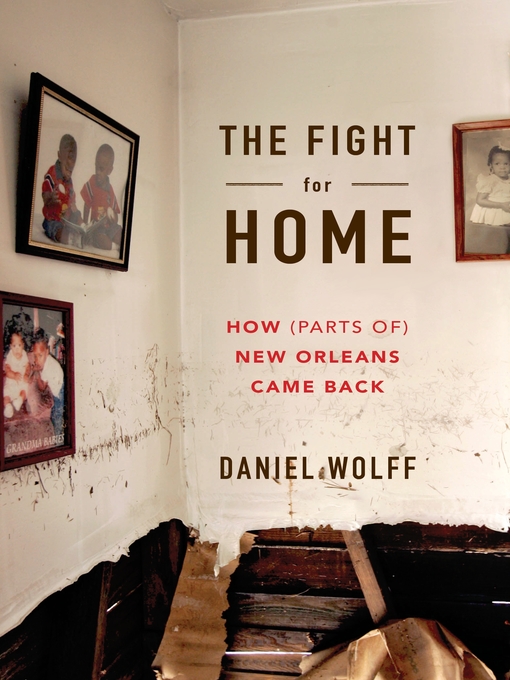When Daniel Wolff first headed down to New Orleans five months after the levees breached, he thought he might spend a year reporting on the recovery ahead. He found people desperate to tell their stories; they had lost the documents of their personal history - the photos and diaries - in the flood. They wanted to recover and preserve their stories through telling, and as their recovery dragged on and they struggled to make their government keep its promises, they became desperate about the recorders and cameras turning away. A year of reporting became five.
Wolff follows the inevitable difficulties of rebuilding a city almost from scratch. A quarter of the population chose not to return; those who did had to rebuild not just houses but community. The city of their memory, their model, had one of the worst crime rates and worst school systems in the country; yet an organized plan for a brighter future might eliminate the very neighborhoods they had returned to fight for. The government was incompetent; the contractors were corrupt. In this environment, trust becomes a radical act and hope is its own small miracle.
The Fight for Home introduces an amazing cast of characters: ex-addicts and church women, ex-Black Panthers and Sons of the Confederacy; urban planners and anarchists. As their journeys unfold, Fight for Home becomes a story of surviving not just a flood, but the emergency of the everyday - of surviving in America.



